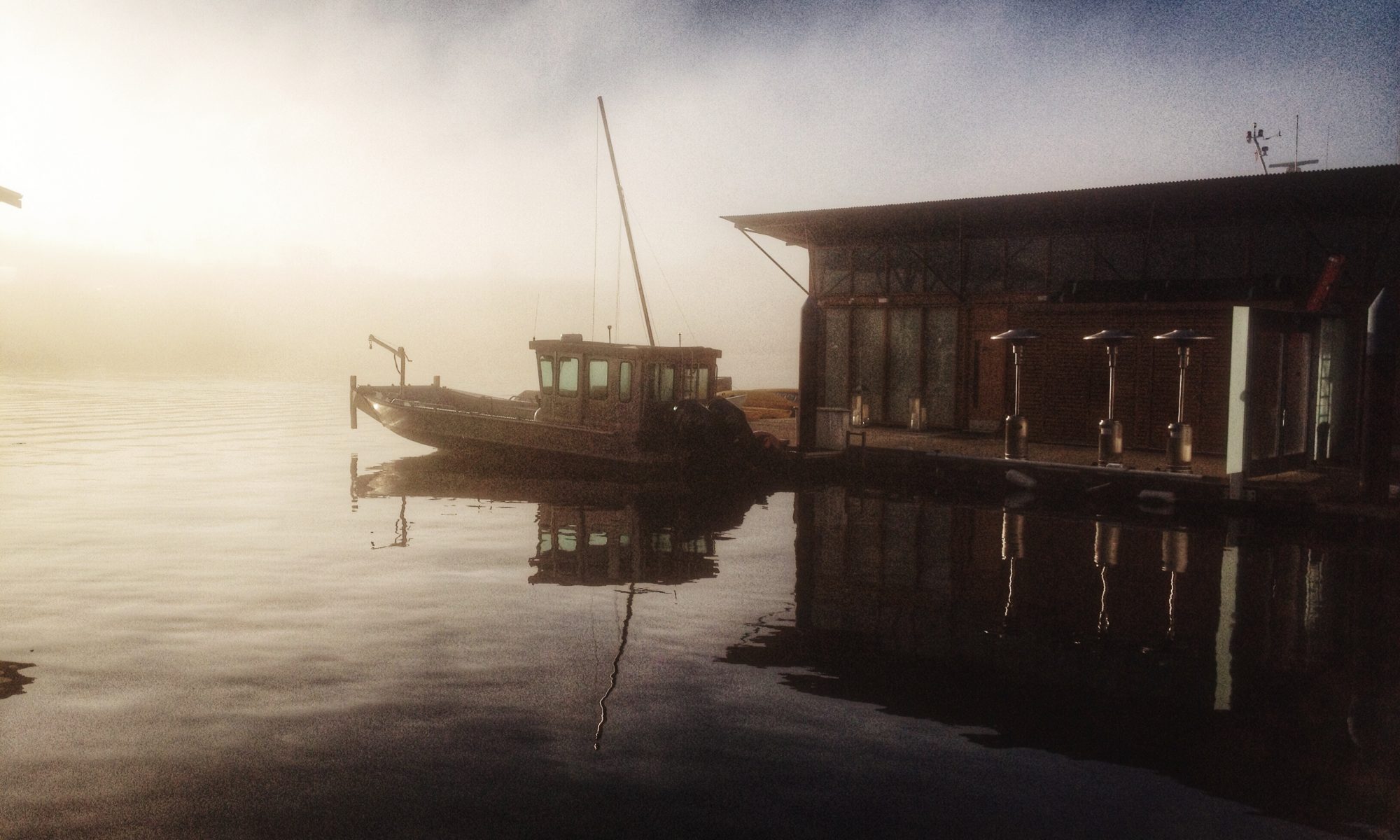I’ve been peripherally involved with the use & planning of Community Amenities in Vancouver for a long time – by being politically involved with the Park Board;as a both a participant and board member for the Vancouver Ultimate League; as a parent of a kid in Vancouver Thunderbirds Hockey; as parent of a kid in Vancouver Vipers waterpolo; and as a parent of a kid in Vancouver United FC Soccer. And, there’s a few things (that are probably in some ways obvious, but let us be explicit here) to note about doing all this in Vancouver. Let’s of course be clear that this is all anecdotal based on my experience and limited conversations with other families.
- With the exception of my experience as an ultimate player, community sports is heavily weighted towards the periphery of the city: rinks, pools, courts, fields are all generally on the western & eastern edges of the city. If you live in the centre, you’re pretty much guaranteed a fairly lengthy commute. It is sort of the inverse of the home-job principle.
- There are not enough playing-surface resources in the city of Vancouver compared to the number of participants. Ultimate, which has the *most* fields, because of the surfaces they’re willing to use, probably has this best. But it is still not enough. In my experience, from least available to most, it is probably: pools, quality fields, rinks, flat(ish) grass surfaces. I don’t know about baseball, but from the outside, it looks like each “area” has a really nice-looking “home” field where stuff happens.
- UBC is a terrible community partner. Each association I’ve been part of has been “forced” to use UBC’s fields/rinks/pools because there’s not enough in Vancouver, but each association complains bitterly about how expensive renting UBC’s facilities are. I’m not entirely sure of the justification for this, outside of free-market economics (supply v demand), but it sucks.
- The lack of playing surfaces leads to some pretty crazy scheduling decisions by the related associations. In practice, this has meant my elementary-aged kids are doing sports both SUPER early in the am (which generally sucks more for the parents) – as early as 6:15am Sunday in my experience – and also SUPER late at night – as late as 10:30pm Friday in my experience. Perhaps not surprisingly, this leads to some drop-off in participation.
- Compared to kids in related associations in the suburbs, Vancouver kids have way less access & time to their chosen sport. At younger ages, this has translated primarily to my being jealous of how little other parents are paying per hour-of-activity. At older ages (let’s say 10+) this tends to translate directly into a lack of competitiveness. In each sport I’ve participated in, as a general rule, suburban teams play at a higher level than Vancouver-based ones. Beyond that, we’ve seen several Vancouver families move their children, if not their actual domicile, out to be part of suburban associations just to give their kids access to higher compete levels.
- At an association level, these constraints put incredible pressure on the few paid staff & mostly volunteer organizers. I’ve sat in on several board meetings, AGMs and ad-hoc parent meetings where participants and/or parents complain about fees, ever-reducing availability of activity-time, and so on. And, at the core, the answer is always the same: the association is making awful trade-offs between allowing access to participate vs cost vs scheduling. These are generally pretty committed fans of the activity, and the wear on them shows.
So, what can be done?
Real Estate pricing in Vancouver means we are pretty unlikely to find large tracts of land in the city centre (increasingly, anywhere) to build new pools/rinks/fields. As far as I know, developers are not incentivized to build these sorts of community-centre amenities alongside developments. While I’ve always been a big fan of the existence of our park board, I increasingly wonder if it being distinct from city council really just lets council punt community amenity discussion out of “prime” discussions, to somewhere no one really cares about (if you’re to judge by average number of votes it takes to win a seat come election time).
I don’t have answers, but do have some things I wonder about:
- Could/should the city strike some sort of deal with UBC to allow community groups access to UBC facilities at a deal closer to what they pay for city amenities? What if the city bought all the available slots at UBC and then re-apportioned them via the existing city model? I don’t know enough about the political/fiscal relationship between Vancouver & UBC to know how possible that might be. If only from an operational/staffing view, a single purchase-source would be good.
- The Park Board’s operational & capital plans are being set for the future. Much like the issue with class-sizes & schools, they strike me as being planned for what’s there now (and not nearly enough), not what is coming in the future, regarding population size. But, I recognize they’re incredibly resource-constrained (both budgetary & physically). I don’t know what the answer is to that, outside of investment from perhaps all 3 levels of government & private enterprise. I’ve been historically averse to having corporate sponsors of community amenities, but if that would, say, double the available pools & rinks and/or cut costs by some significant %, maybe it would be worth it.
- Open up school resources more, including private schools, perhaps via the same methods as with UBC. Ontario’s LCBO gets good deals on booze by being (I think) the world’s largest single buyer of alcohol. Why couldn’t the city of Vancouver do that for space on behalf of the residents, and let associations just have one source, at, hopefully, lower costs, rather than various small associations all competing with each other across various sources?

